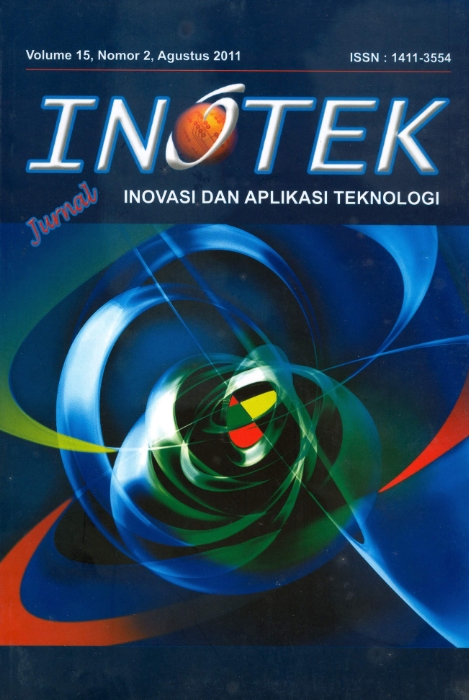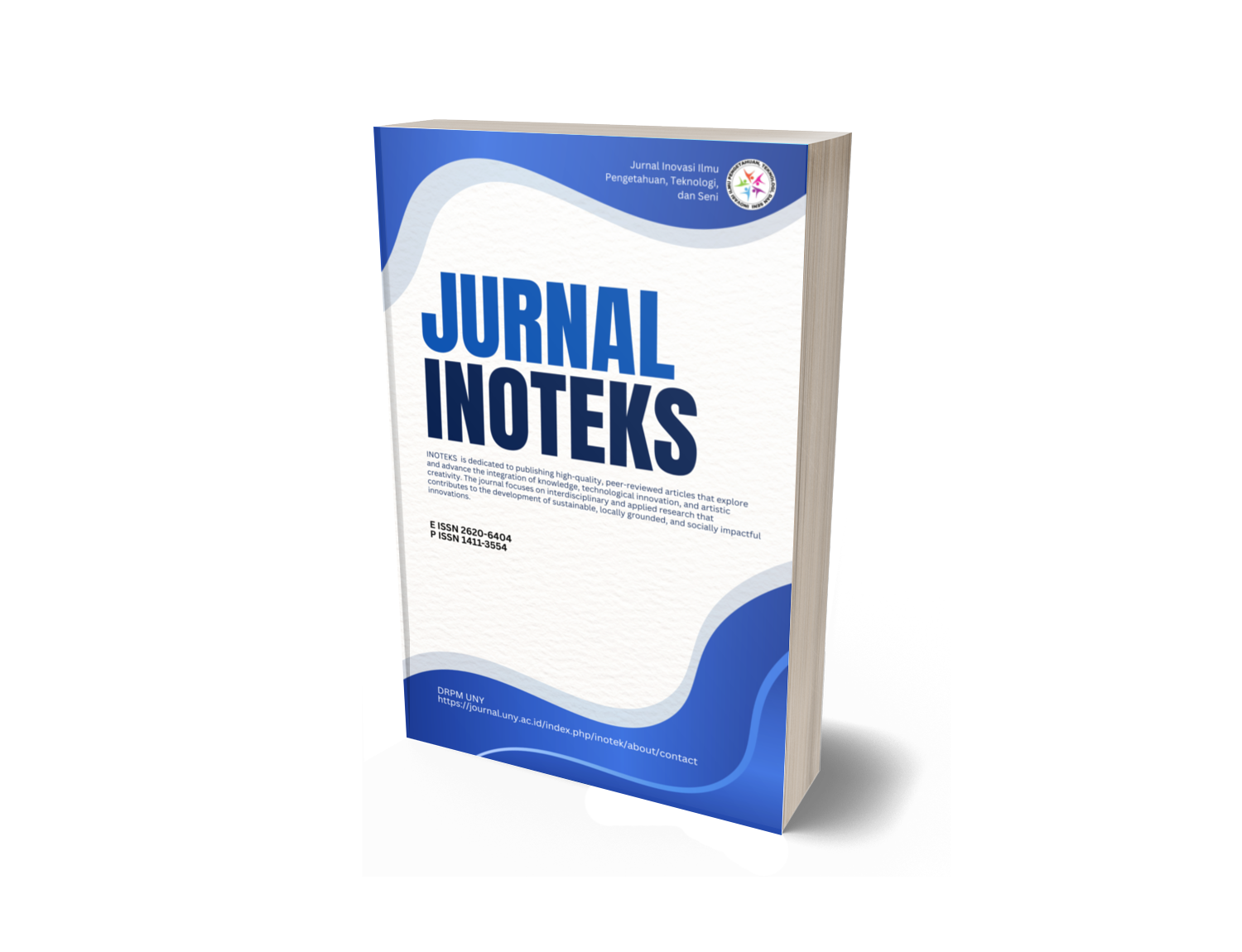PENGEMBANGAN PRODUKTIVITAS MASYARAKAT PEDESAAN MELALUI PENDIDIKAN LIFE SKILLS BERBASIS SUMBER DAYA LOKAL (Studi Kasus Di Desa Tamantirto Kasihan Bantul)
DOI:
https://doi.org/10.21831/ino.v15i1.2306Abstract
Tamantirto Village is a village with a population of 728 categories of
poor households (28.46%). To reduce the level of poverty which is done by providing knowledge and skills of local resource utilization in the community.
Transfer of knowledge and technology conducted by extension, practice, creation of demonstration plots as well as comparative studies. Knowledge and
presence will include fish farming, household waste management, recognition and processing of medicinal plants into instant beverage and syrups.
The result is a rural communities of Tamantirto was service capable of freshwater fish culture technologies and conduct intensive cultivation with a
pool tarp. Capable of processing organic waste into compost and liquid fertilizer and manage of inorganic waste. Rural communities recognize a variety
of medicinal plants in the environment and can process them into instant beverages and syrups. Society has increased the quality of life of its
environmental cleanliness and incomeDownloads
Published
How to Cite
Issue
Section
Citation Check
License
- Authors certify that the work reported here has not been published before and contains no materials the publication of which would violate any copyright or other personal or proprietary right of any person or entity.
- Authors transfer or license the copyright of publishing to Jurnal Civics: Media Kajian Kewarganegaraan to publish the article in any media format, to share, to disseminate, to index, and to maximize the impact of the article in any databases.
- Authors hereby agree to transfer a copyright for publishing to Jurnal Civics: Media Kajian Kewarganegaraanas a Publisher of the manuscript.
- Authors reserve the following:
- all proprietary rights other than copyright such as patent rights;
- the right to use all or part of this article in future works of our own such as in books and lectures;
- use for presentation in a meeting or conference and distributing copies to attendees;
- use for internal training by author's company;
- distribution to colleagues for their research use;
- use in a subsequent compilation of the author's works;
- inclusion in a thesis or dissertation;
- reuse of portions or extracts from the article in other works (with full acknowledgement of final article);
- preparation of derivative works (other than commercial purposes) (with full acknowledgement of final article); and
- voluntary posting on open web sites operated by author or author's institution for scholarly purposes, but it should follow the open access license of Creative Common CC BY-NC-SA License.









